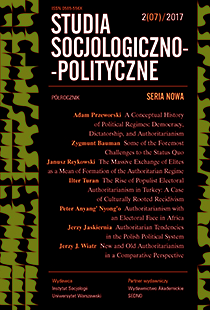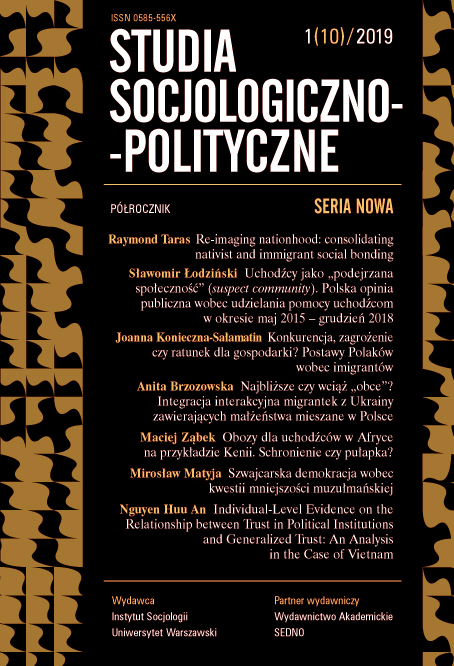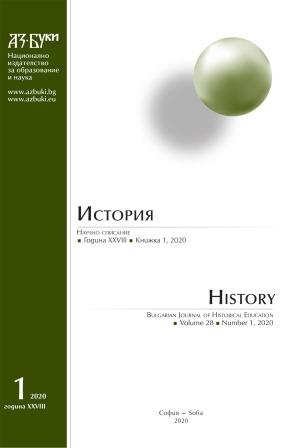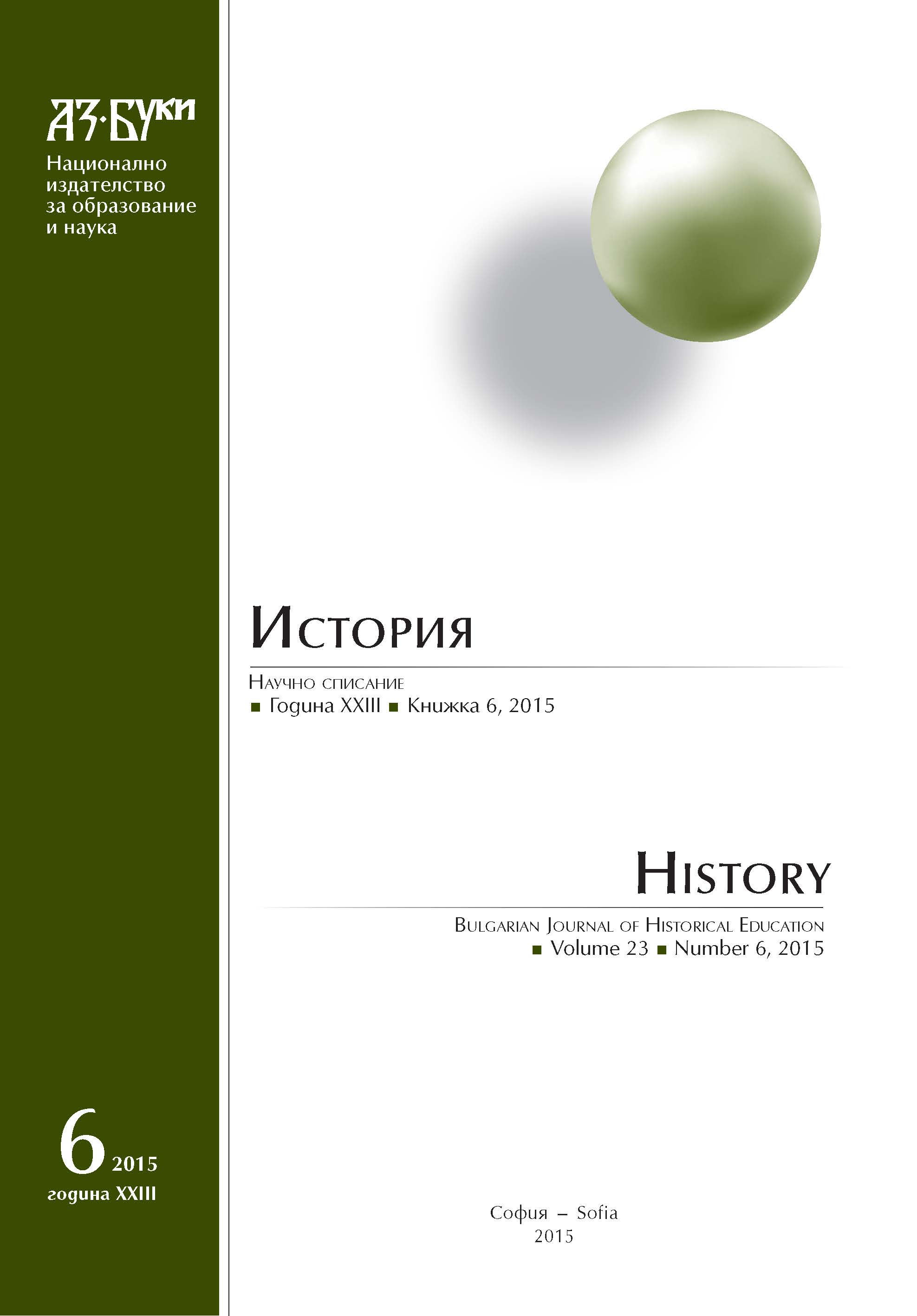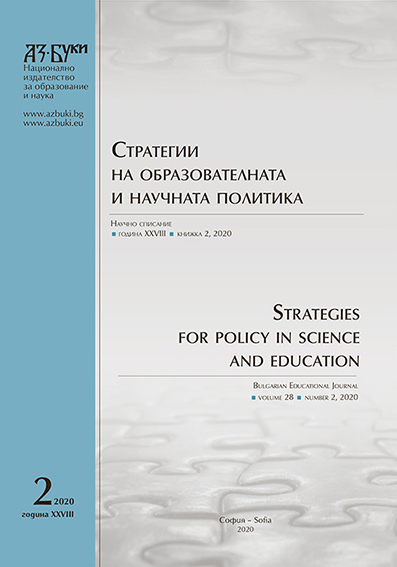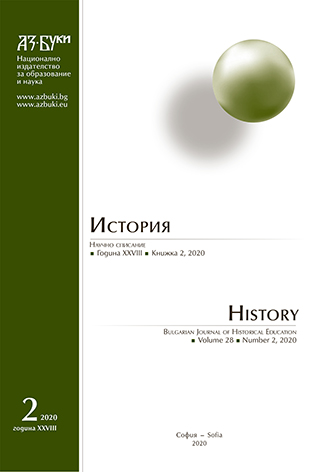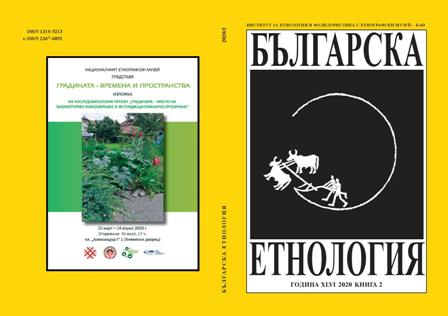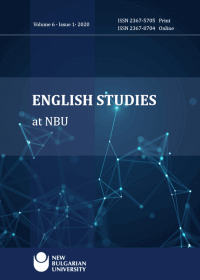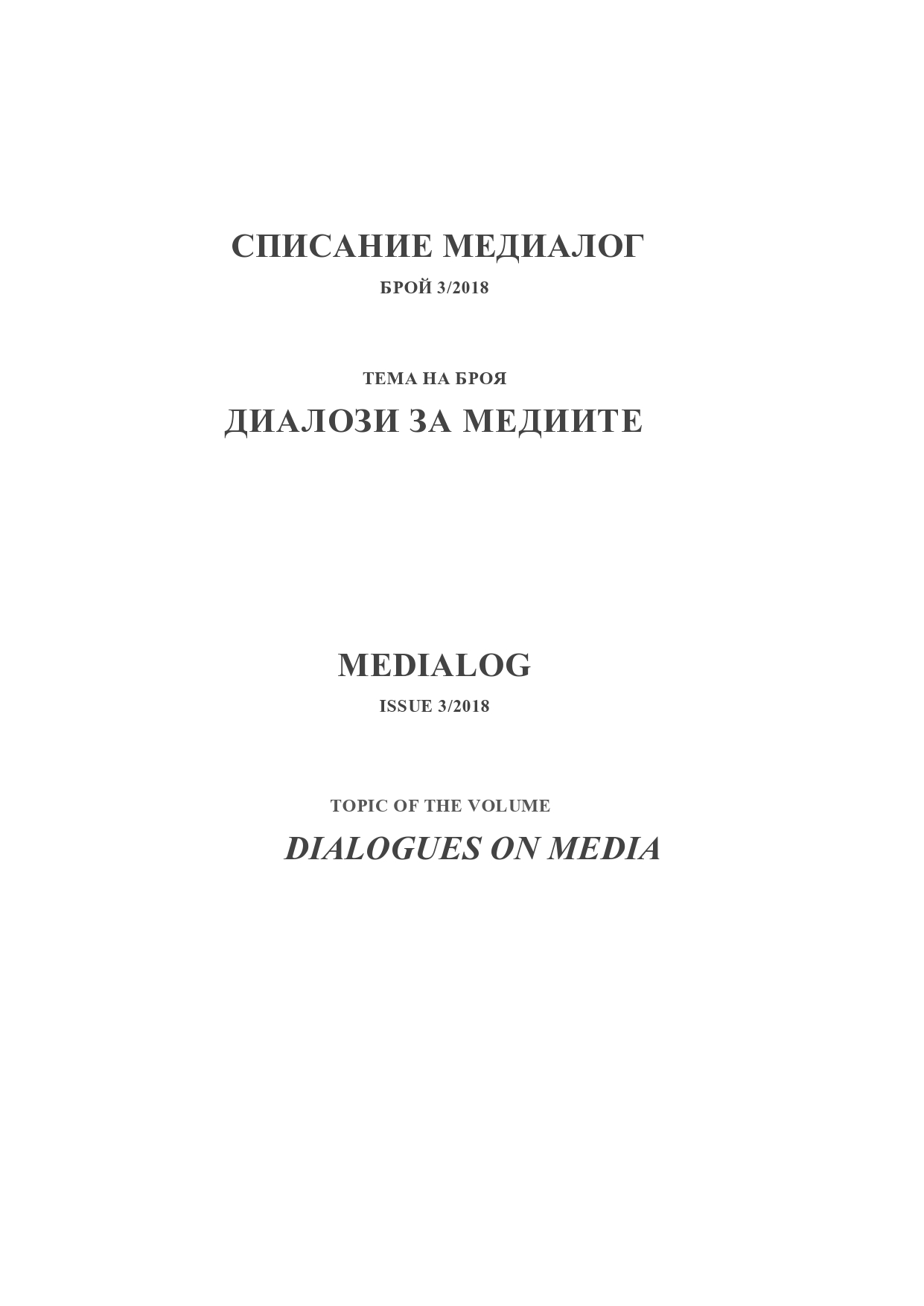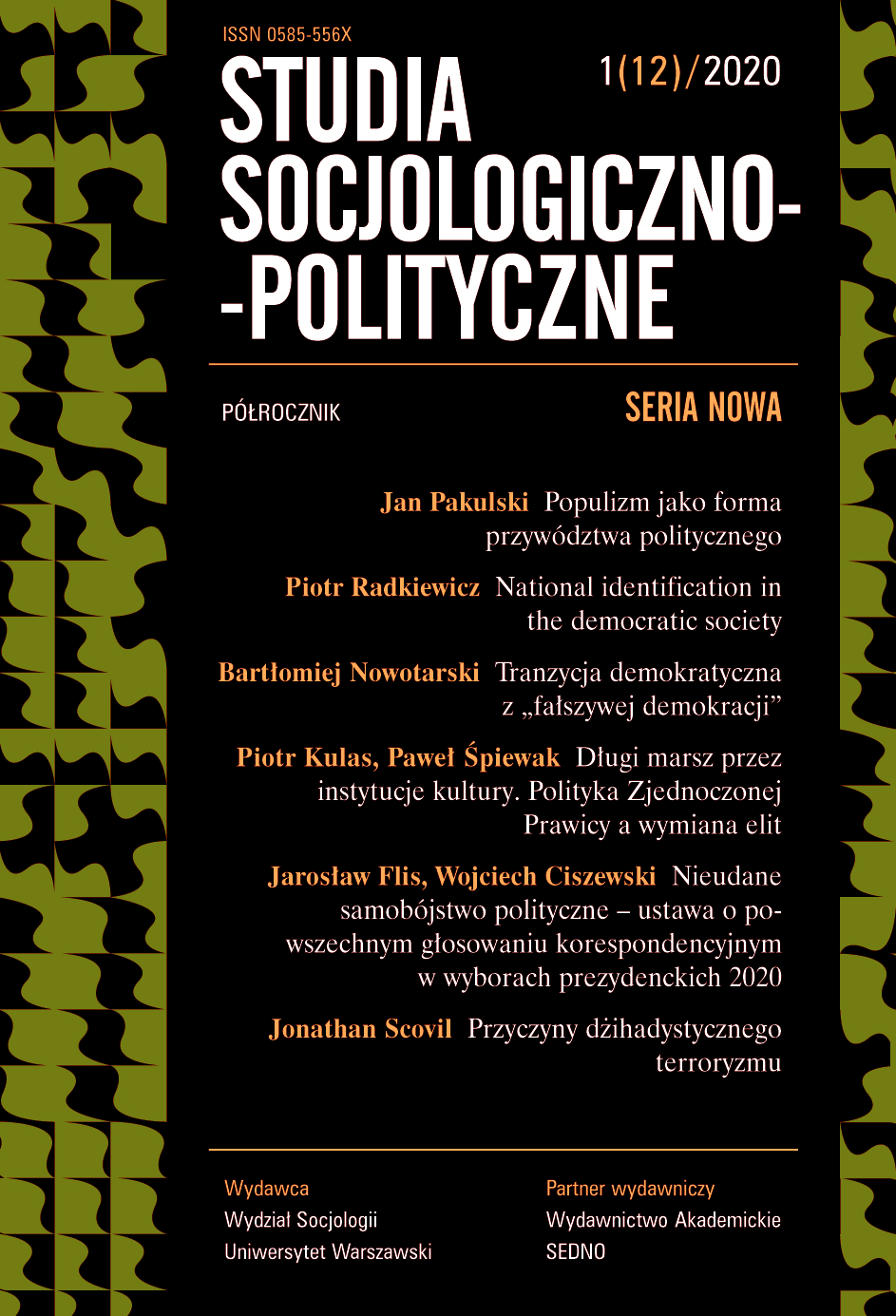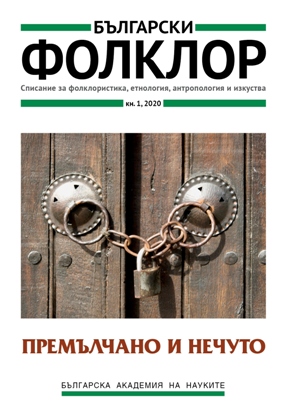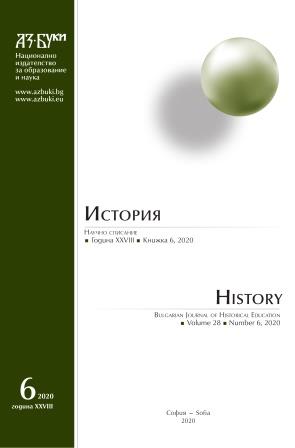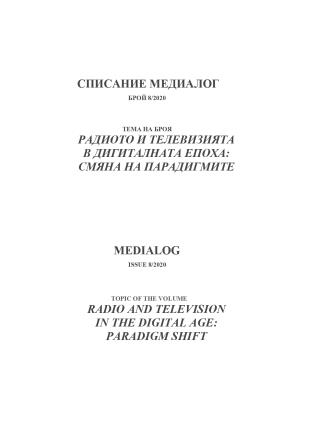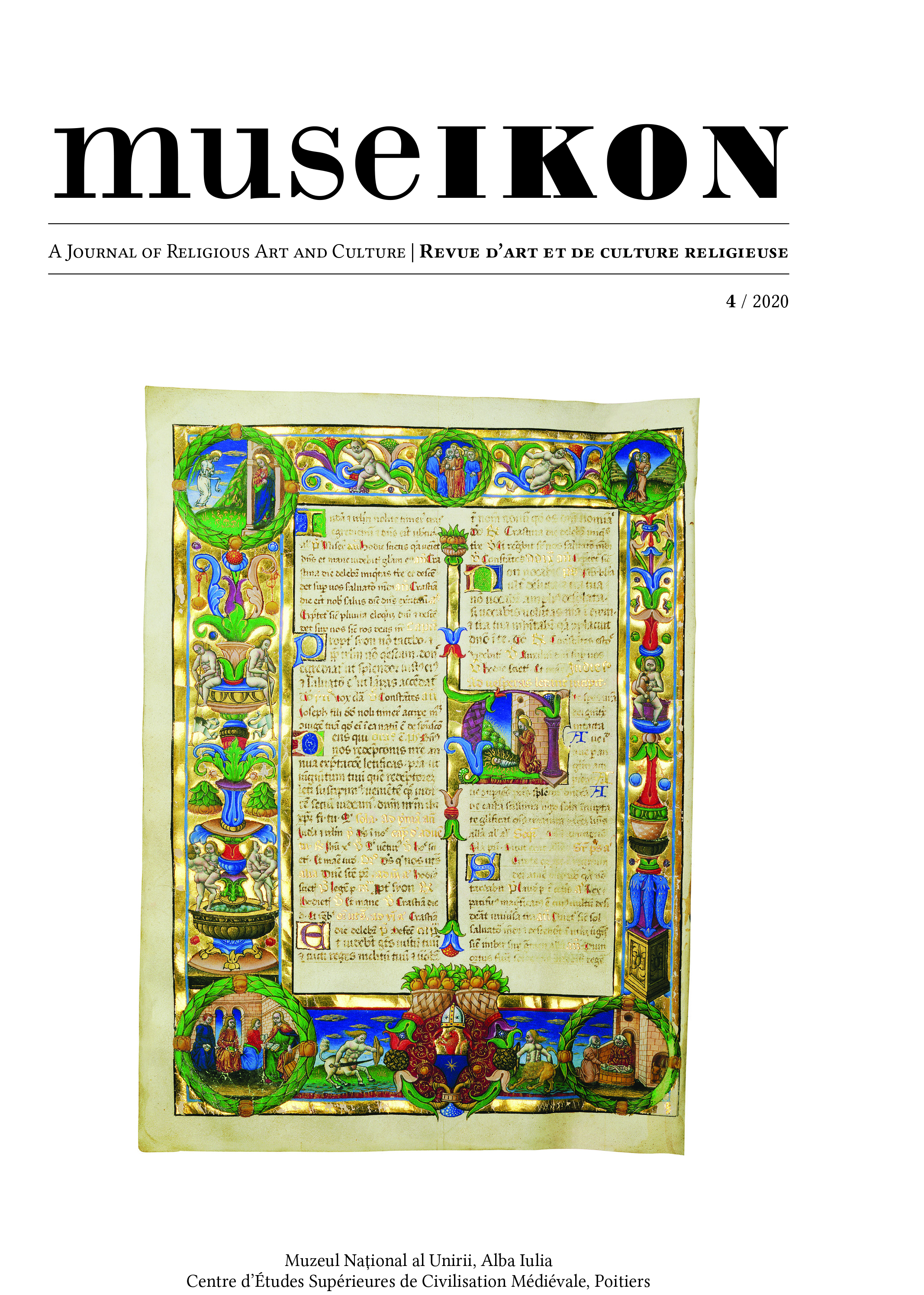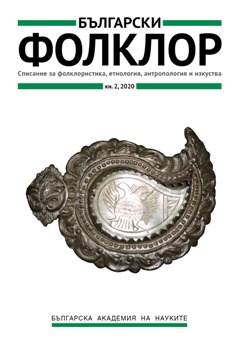Author(s): Nadezhda Chesnokova / Language(s): English
Issue: 4/2020
Au 5VIIe siècle, les icônes russes avaient déjà gagné les régions post-byzantines sous domination o1o- mane de l’Orient chrétien : les contrées grecques et balkaniques, l’Afrique du Nord et l’Asie Mineure, Crète, Chy- pre, la Palestine, la Syrie et le Liban. Les archives (peu étudiées) témoignent d’une exportation élevée de peintures religieuses russes dans l’espace méditerranéen. Une grande partie de ce1e documentation se trouve aux Archives Nationales des Actes Anciens de Russie (RCODo). Ces documents ayant appartenu autrefois à l’administration diplomatique, Posol’skij Prikaz, sont conservés dans le Fonds 52 et concernent les relations entre la Russie et les centres ecclésiastiques orthodoxes situés dans l’Empire o1oman. Au 5VIIe siècle, les œuvres russes qui circu- laient en Orient étaient en grande partie le fruit des activités évergétiques des grands princes et des tsars, mais le commerce jouait aussi un rôle important dans leur transmission. À en juger par le grand nombre d’oeuvres qu’ils possédaient, leur qualité artistique et leur coût de production élevé, les patriarches devaient être les commandi- taires les plus importants. Cependant, les émissaires du tsar se rendaient en Orient pour diverses missions et apportaient également des icônes. Les Grecs qui vivaient en Russie ou qui y séjournaient longtemps envoyaient, eux aussi, des icônes russes dans leur patrie. Enfin, les icônes russes étaient exportées par les marchands grecs. À Moscou, les étrangers pouvaient commander les icônes directement auprès des peintres ou les acheter sur le marché. Les archives conservent encore des nombreux testaments de Grecs décédés à Moscou, riches en informa- tions quant aux icônes russes qu’ils ont eues en leur possession. Un bon nombre de maîtres russes ont travaillé à l’étranger, en particulier dans les Principautés de Valachie et de Moldavie. Certains étaient peintres d’églises, mais d’autres peignaient des icônes sur commande. Ces icônes passaient de main en main, au sein des familles ; étaient léguées par testament ; faisaient l’objet de dons envers les églises et les monastères ; etc. Les voies d’exportation des icônes russes vers l’étranger étaient donc des plus diverses. Les documents d’archive ne cessent pas de sur- prendre avec une variété de nouvelles informations à leur sujet.
More...
